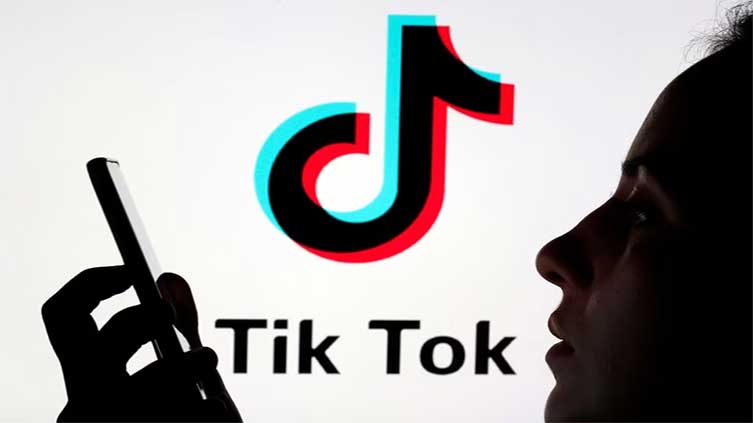US House Republicans raise 'deep concern' on TikTok content decisions

Technology
The White House and 26 senators back the proposal while critics thinks otherwise
WASHINGTON, (Reuters) - The chair of a U.S. House of Representatives committee on China's Communist Party and other lawmakers on Thursday raised "deep concern" and sought answers over reports Chinese-owned short video app TikTok censored an account that posted content from a film about pro-democracy Hong Kong tycoon Jimmy Lai.
Representative Mike Gallagher and 12 other Republican lawmakers said in a letter to TikTok CEO Show Zi Chew that they want "additional information about TikTok’s content moderation policies and practices."
The Michigan-based Acton Institute said last week its TikTok account was suspended for posting content from the film about Lai. The lawmakers said the account was restored after media reports about the suspension.
TikTok did not immediately comment.
ByteDance-owned TikTok told U.S. lawmakers in a May 4 letter that "TikTok does not moderate content due to political sensitivities" and does not boost content "in the U.S. at the request of any government, including the Chinese Communist Party."
TikTok said it has more than 5,000 employees and contractors focused on content moderation for the United States.
Senators Mark Warner, a Democrat and John Thune, a Republican, in March proposed legislation to give the Commerce Department new authority to review, block, and address a range of transactions involving foreign information and communications technology that pose national security risks.
The White House and 26 senators back the proposal while critics say the bill is overbroad and hurts civil liberties of Americans including the more than 150 million U.S. TikTok users.
Chew appeared before Congress in March and faced tough questions about national security concerns.
TikTok says it has spent more than $1.5 billion on rigorous data security efforts and rejects spying allegations.
The Biden administration has demanded TikTok's Chinese owners divest their stakes or face a U.S. ban. Then President Donald Trump's attempts in 2020 to ban TikTok were blocked by U.S. courts.

